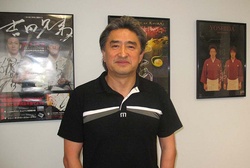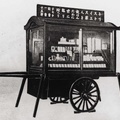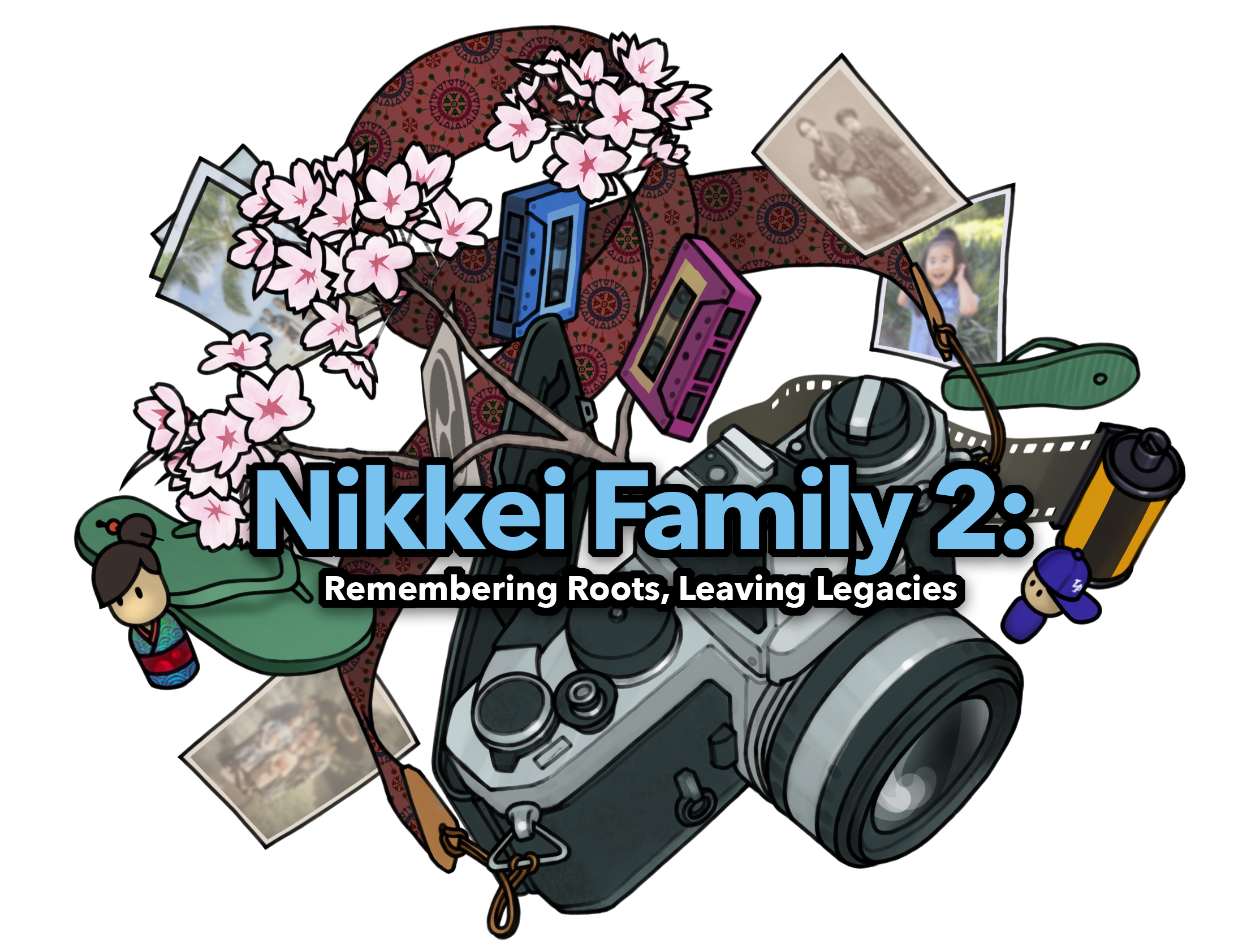This year, B'z's Taku Matsumoto won his first Grammy Award, which was a big topic in Japan, but Kitaro has been nominated for the award 14 times in the past (including winning in 2001), and is the Japanese artist with the highest recognition and popularity in the American market. Kitaro's producer is Eiichi Naito, president of Domo Music Group, based in Los Angeles.
Naito came to the US in 1974. "I had been working as a recording engineer and PA since my university days in Japan. I had hopes of producing rock music in the US in the future, so I came to Los Angeles through an acquaintance. However, I was on a tourist visa at first, and had problems with my English, so I started by touring a recording studio."
After that, he obtained permanent residency as a recording engineer, but after experiencing both Japan and the United States, he was painfully aware of the "difference in the level and scale of entertainment itself." "Even if I continue as an engineer, there are plenty of excellent engineers," said Naito, and his work eventually shifted to producing artists themselves. The big turning point was, of course, his contract with the artist Kitaro.
"I had known Kitaro since the early 1970s, but in 1984 I was put in charge of work for Amuse America (the US subsidiary of the Japanese company Amuse) which was established in New York, and it was there that I signed a contract (business-wise) with him around 1985. I worked for Amuse America until 1993, but then I decided that I wanted to start my own company, so I returned to Los Angeles and launched Domo in the latter half of 1993."
Naito and Kitaro have known each other for over a quarter of a century, even if we limit it to their relationship as producer and artist. We asked them about the secret to their long-lasting mutual trust.
"What is the secret? I wonder. My relationship with him is already beyond business. It's human to human. He himself has something incredibly unique, universal. By the way, when Chinese director Zhang Yimou approached me and Kitaro was asked to provide a song for him, the staff around the director said, 'How does Kitaro understand the Chinese heart so well?' The same is true not only of Chinese people, but also of the Dutch, Swiss and Irish in Europe, as well as Native Americans and South Americans. He naturally reaches into everyone's hearts. I truly respect that about him, as well as his purity and pacifism."
So what is the role of a producer?
"An artist's life work is how to express what they are thinking. On the other hand, the job of a producer is to guide the artist in the right direction towards what they really want to do. I am no magician, so I cannot create something that does not exist. My first job is to discover and amplify the talent that the artist has. Whether or not the CD sells is a matter of later importance."
While working with Kitaro, the flagship artist, he is also busy scouting new artists. Although he says that this is all done in collaboration with his staff, Naito himself plays a central role.
"The artists we work with can be of any genre or nationality. We search YouTube and do our research, and if there is someone we think is the one, we won't hesitate to go and meet them wherever they are in the world. We also have a lot of artists that we bring in and are introduced to. But it's not easy to come across an artist that really hits home. Also, it's not just talent that's important - whether or not you want to be involved with that person. And whether or not you think that your involvement will be of use to that artist."
Recently, consumer needs have changed and CDs are becoming harder to sell. The solution to overcome this situation is the 360-degree business style.
"We've been doing this for a long time. We partner with artists and handle everything from CDs to management and tours. In America, things have become more specialized, with record companies and management being separate, but now that CDs aren't selling, record companies have no choice but to acquire new interests. But as far as I'm concerned, the 360-degree business is nothing new, as long as it involves a strong relationship with the artist."
Domo's 360-degree business can only be developed if there is a solid relationship of trust with the artists. We asked the artists who work with Domo about their plans for 2011.
"Firstly, Kitaro will form a special unit and will tour from the second half of this year through next year, focusing on major cities around the US. It will be the first time in America in a long time. The shamisen band Yoshida Brothers will probably also be performing. The opportunity is ripe for them in the American market, but they are so busy that it is difficult for them to leave Japan. They are well known by promoters. We will also be focusing on the activities of the Viva Girls, a female performance group from China, and cellist Dave Edgar this year."
When asked if she was thinking about retiring in the future, she immediately replied, "For me, this job is so much fun. It's work, but it's also fun. So I'll continue to search for artists and be a producer until the day I die." She continued, "What if I hadn't chosen to come to America? No, I believe that the decision I made back then was more than 100% correct. I'm not rejecting Japan, but I am who I am today because I came to America."
Finally, I asked him a simple question. "You came to America to play rock, so why did you end up doing new age music?" "You might call it new age, but Kitaro's roots are in progressive rock. Same for me. Even now, the music I find most interesting is Pink Floyd." His smile told me that his words, "I want to continue being a music producer until I die," were not a lie.
© 2011 Keiko Fukuda











